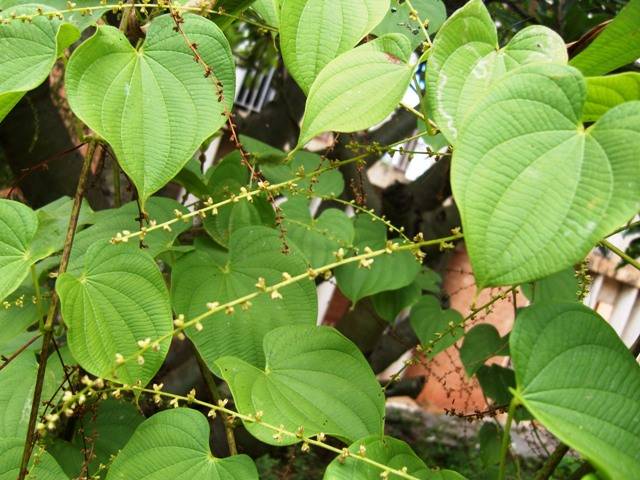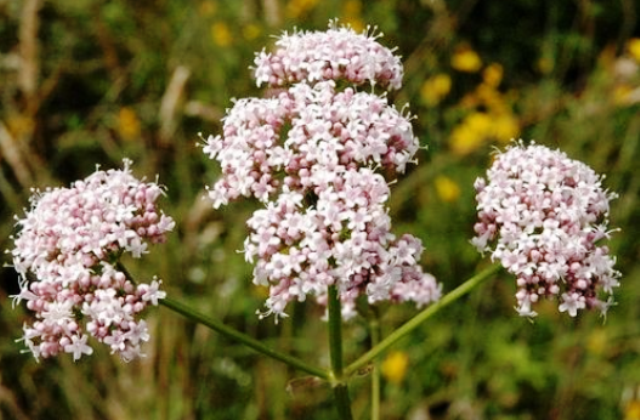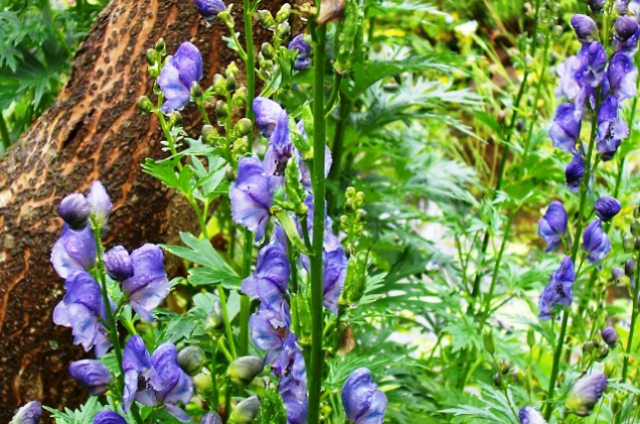
Introduction
The physiology of the study area is predominantly mountainous with altitude ranging from 250m to about 7000m. Such a wide variation in altitude results in marked differences in the climatic conditions. The climatic conditions range from sub-tropical to semi-arctic. The rainfall is mainly distributed during monsoon lasting from early July to Mid-September.
Due to wide range of distribution of temperature and rainfall and due to altitudinal variations the flora is diversified ranging from Northern Tropical to Alpine pastures.
Important Medicinal Plants
There is a wide range of medicinal plants distributed in the Himalayas but few plants listed are collected regularly in appreciable quantities. The forest dwellers collect these medicinal plants and there is no organized channel for the collection of these medicinal plants. These collected medicinal herbs are sold to the petty village shop-keepers who in turn pass to middleman the material which later finds its way to Delhi and Amritsar. Some of the medicinal plants which have been exported are as under.

-
Valeriana wallichi(Muskbala)
-
Dioscoria deltoides (Dioscoria)
-
Jurinea macrocephala(Dhoop)
-
Cinnamomum tamala(tejpatta)
-
Aconitum heterophyllum(Patish)
-
Ephedra gerardiana(Ephedra)
-
Terminalia bellirica(Bahera)
-
Carum carvi(Kalajira)

Forest Research Institute has conducted survey tours to collect information on medicinal plants in different altitudinal gradients. No assessment has been made about the potential productivity in respect of each economically exploitable species.
Cultivation of plants
Sporadic attempts have been made on the cultivation of a few medicinal plants in the Himalayas. Some of the expatriates doing it in Uttarakhand’s Nainital district, while others were cultivating these medicinal plants in Chamba (Himachal Pradesh). Cultivation of Dioscoria deltoides, Ephedra gerardiana, Podophyllum emodi, Mentha species, Artemesia maritiana is going on in different agricultural universities and forest departments of Uttarakhand and Himachal Pradesh.
The result of such trials has not been brought to the conclusion. No standard package of practices has been made available on a large scale. The attempts have been half-hearted without scientific and financial support. However, Dioscoria deltoides is one of the most important medicinal plants which is much in demand.

Many seminars and symposia have held to promote the cultivation, collection and processing of medicinal plants but it is high time to assess the natural wealth properly and integrate the principles of marketing and cultivation to promote the production and processing of medicinal plants. Farmers usually do subsistence cultivation in the Himalayan states. Many of the farmers facing trouble once they switch to cultivation of medicinal plants because they do not find proper place to sell the produce. They have to be totally depends upon middleman for selling their produce. There is a need to develop a policy at government level. Another problem the farmers facing now-a-days in highlands are of scarcity of water. Human migration is also another problem hindering cultivation in Himalayas. The small farms are now home to wild-life creating problem to rest of the people who are willing to continue farming in the hills.
Different NGO's and governmental agencies are tending towards solving these issues but more concrete efforts are needed to solve and to find answers for these burning issues.
Author - Pankaj Kumar
Educator (Forestry)









